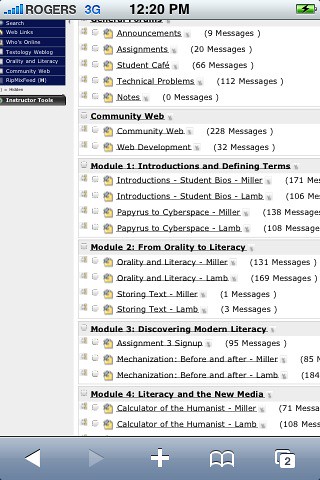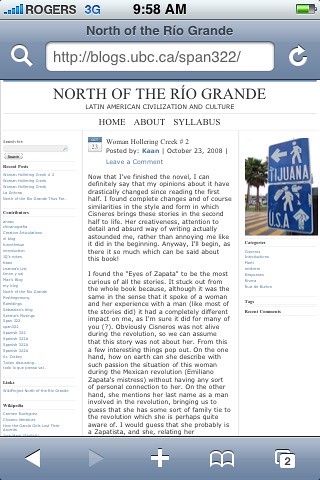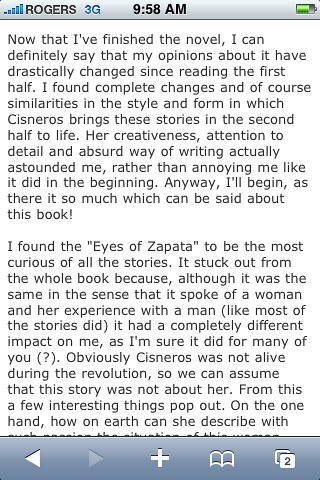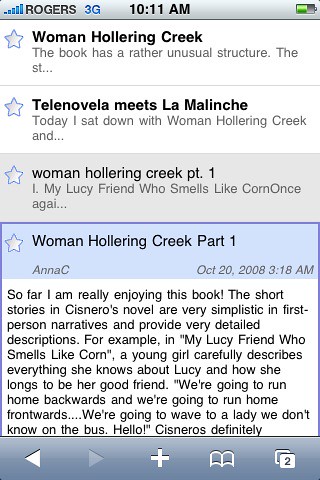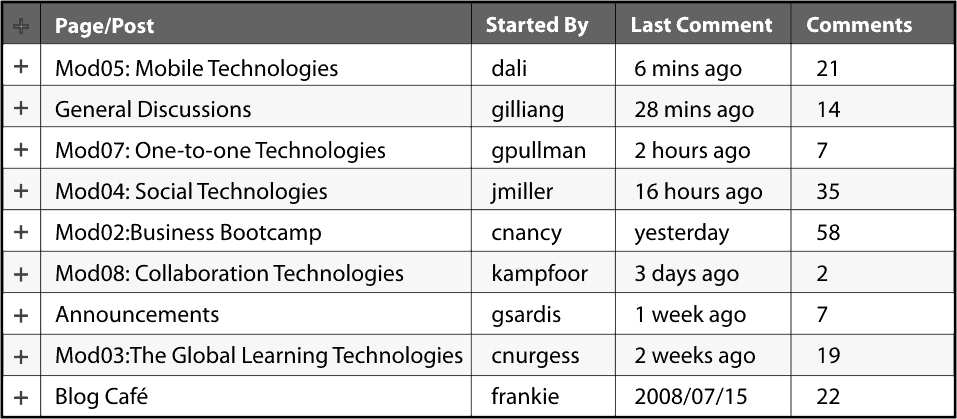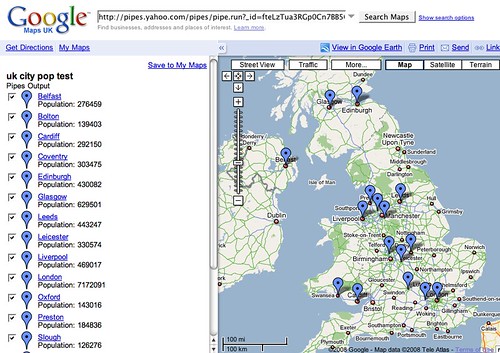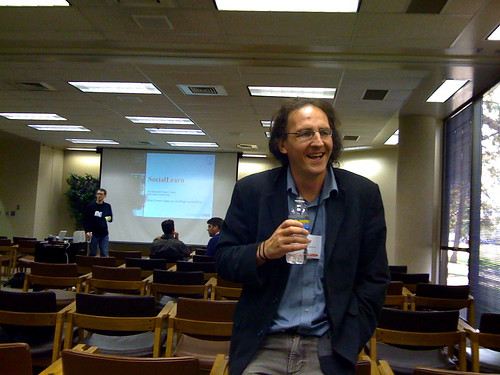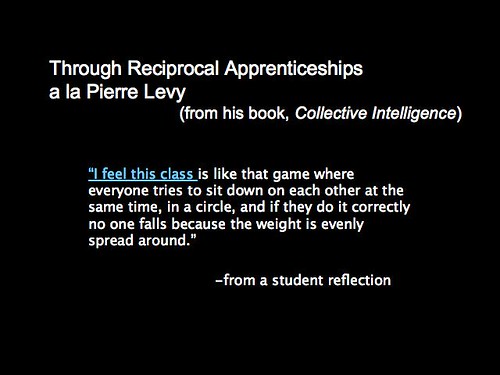
Dead iPhone, originally uploaded by mikeykrieger.
So, a few weeks ago I acquired a certain much-discussed handheld telecommunications device made by a certain corporation based in Cupertino. It wasn’t a step I took lightly for a few reasons… for one, I had relentlessly mocked the hype around Steve Jobs’ announcements of said device to my Apple-loving friends and co-workers, and knew that I would be in for some frightful payback. (I was right.) Having grown up with a certain kind of knee-jerk anti-corporatism, especially when it comes to online technology (I came of age electronically in the glorious and heady days of 1992), I still can’t quite bring myself to use this device’s brand name in conversation or in writing. Sorry if that causes you any confusion.
Maybe I should have held out for Android, or OpenMoko, but after Novak (a longtime Apple hater), gave me a personalised tour of how this thing worked, I simply couldn’t help myself.
And yes, at the risk of joining the hype brigade, it is a damned (I damn thee, snazzy phone!) impressive machine… Before I had one, I would never have believed I would want to read anything on a screen smaller than my EEE (a device I love without complications)… but now I do get it. In fact, I prefer reading on the smaller screen, I can position my body anywhere and anyhow, as I would with a paperback.
So, I’ve now entered a complicated but undeniably passionate relationship, tinged with self-loathing, with a wildly popular piece of technology… what now? I’ve accepted on an intellectual level that mobile technology was the future since Bryan Alexander blew my mind (as he tends to do) with his Going Nomadic talk at an EDUCAUSE event five years ago… now I feel it in my bones. But again, what now? What do I do with this?
Is it just a matter of wider access, faster speeds, smaller screens, and shorter messages? I gather that geocoding will be more important, and that ‘place’ may reassert itself as a force in online environments… but in how many disciplines can geocoding be important? (Though seeing how some applications have ingeniously incorporated my GPS information into something cool on my handheld, I’ve learned these uses are not always obvious.) And I gotta admit, I’ve been ignoring a lot of the ground-level work in this field… and now I’m playing catch-up. I know about Jen’s project, who else should I be paying attention to?
And maybe I need to admit that I have a problem. And admitting a problem is an important first step towards self-acceptance. So bear with me here, this isn’t easy…
My name is Brian… and… I’m… an iPhone user.
I feel somehow cleaner already.
My first attempt to make sense of online learning on a mobile device is below the jump… in which I compare the experience of checking in on my online discussions via courses hosted on an enterprise LMS and on RSS-fied courses hosted on weblogs:
The desired task: check in on my courses on my iPhone to see if there are any new discussions, and then read them.
First up, a course I teach on WebCT Vista.
Between the various logins, and menus, It took me about than five minutes of intent hunting and pecking to get to this discussion screen.
I suppose with bookmarking and more familiarity I could get that time down to about two minutes to get to this screen. (Though the system crashed frequently and usually forced me to go through the complete login process again to get back to the discussion screen.) But the problems don’t end there. I don’t intend to pick on the platform here, but navigating these menus, while not impossible, is not easy. Keep in mind that screenshot is larger than the actual size.
- For one thing, all those links are too close to one another for my big clumsy fingers – that’s a problem I have with other link-heavy sites such as the New York Times website as well — though at least I can pull RSS off of most news sites.
- Even when I can cleanly click the links, many of them simply don’t respond. I can’t figure out why some links work and others do not.
- Frequently, clicking a link to a specific discussion page sends me to a new Safari window to read it. Which would be great, except that when I go back to the window with the discussion menu the entire Safari screen reloads, taking me back to my initial course menu, so I have to navigate back to the discussion board nearly from the beginning of the process (at least it usually remembers my login).
I meant to take more screenshots, but worry about student privacy, and to be honest I’m sick of the crashes and multiple logins. Call me lazy.
I’m sure my own lack of skill with the iPhone is an issue, but I have to say that this system is a half-notch above completely unusable. If courses on this platform will ever be delivered to mobile learners, some sort of redevelopment or ‘mobile layer’ will need to be implemented. My quick search query turned up this short thread on a Blackboard discussion space, and it seems to confirm my assessment.
Now, let’s compare that experience with an open, weblog-based course. When I go to the URL, this is the first screen I see, the most recent post at the top:
And with one finger-poke get to this detail:
Then there is Google Reader, which is the easiest way to navigate web content via the mobile (that I know of, anyway). Here’s a shot of weblog-based courses I am monitoring:
To get from picking up my iPhone to seeing this screen is maybe ten seconds of loading time, and two link-clicks.
And here’s a detail shot of one course’s discussions…
And to be clear, while there are many free WordPress plugins and themes intended to enhance the mobile experience, as yet we have implemented none of them. We made no effort to develop a mobile platform. All we have is open access, clean HTML, and RSS.

